In July 1999, Ron Edwards posted an essay called “System Does Matter”. A copy of this essay is available on the now-defunct forums of The Forge, which was a community of people interested in publishing their own RPGs. A large percentage of all ttrpg discussion and discourse can be traced back to this fundamental concept.
Threefold Model
Before the Forge, there was the rec.games.frp.advocacy Usenet group where the “threefold model” of roleplaying games was developed in 1997. This model conceptualizes a game as the activity that happens at the table: a series of decisions made by the gamemaster (GM) and players. These decisions are made with a threefold set of end-goals: drama, simulation, and game.

- Drama: story, narrative, and plot
- Simulation: internal consistency, realistic emulation of a fictional world
- Game: balance, fairness, abstraction
GNS Theory
Edwards took the initial threefold model and used it to create a generalized theory for games called “GNS theory”. Unlike the threefold model, Edwards conceptualizes a game as an artifact that exists outside of the activity that happens at the table. To him, a game is something that is designed, written, and published. GNS Theory renames the three goals as “gamism”, “narrativism”, and “simulation” and uses them to describe three styles of player behavior rather than the overall objective of the gaming experience. Players are sorted into three types and the idea of overlap is mostly dismissed.
System Matters
GNS Theory is the building block for Edwards more famous article, “System Does Matter”. According to Edwards, a game cannot accommodate all three approaches at the same time and creates more burden on the GM who must discard the incompatible sections of the game before playing. The ideal game focuses on a single approach and is selected by the GM based on the style of game enjoyed by the players. For example, a Gamist playgroup should select a Gamist game and so on.
The second half of “System Does Matter” divides conflict resolution into three methods:
- Fortune: random numbers determine the range of possible results
- Karma: two fixed values are compared to determine a victor
- Drama: the GM decides what happens
Edwards combines the GNS player profiles with these conflict resolution methods to create a framework for systems to be tailored to playgroups.
What do we take from this?
Modern ttrpg schools of thought have largely moved beyond the ideas presented by “System Does Matter”. One major critique is that systems can be effective despite catering to multiple GNS playstyles without creating additional burden on the GM. Many also critique the GNS categories themselves and propose alternative player taxonomies.
The main takeaway is this: playgroups should pick systems that create the least amount of friction.
This is what most people mean when they refer to System Matters. Friction can mean many things:
- The amount of work a GM has to do to run the system
- The player-facing mechanics they would rather not do
- System setting/lore that doesn’t mesh with the lore at the table
Despite the fact that “do less work not more” seems straightforward and obvious, there are many ttrpg enthusiasts who refuse to objectively evaluate whether their system is a support or a burden.
This series on theory was originally going to be a single post but then I decided to split up Rules Elide from System Matters. I have even more I want to talk about with how system matters, but I’ll save it for a part 3.
